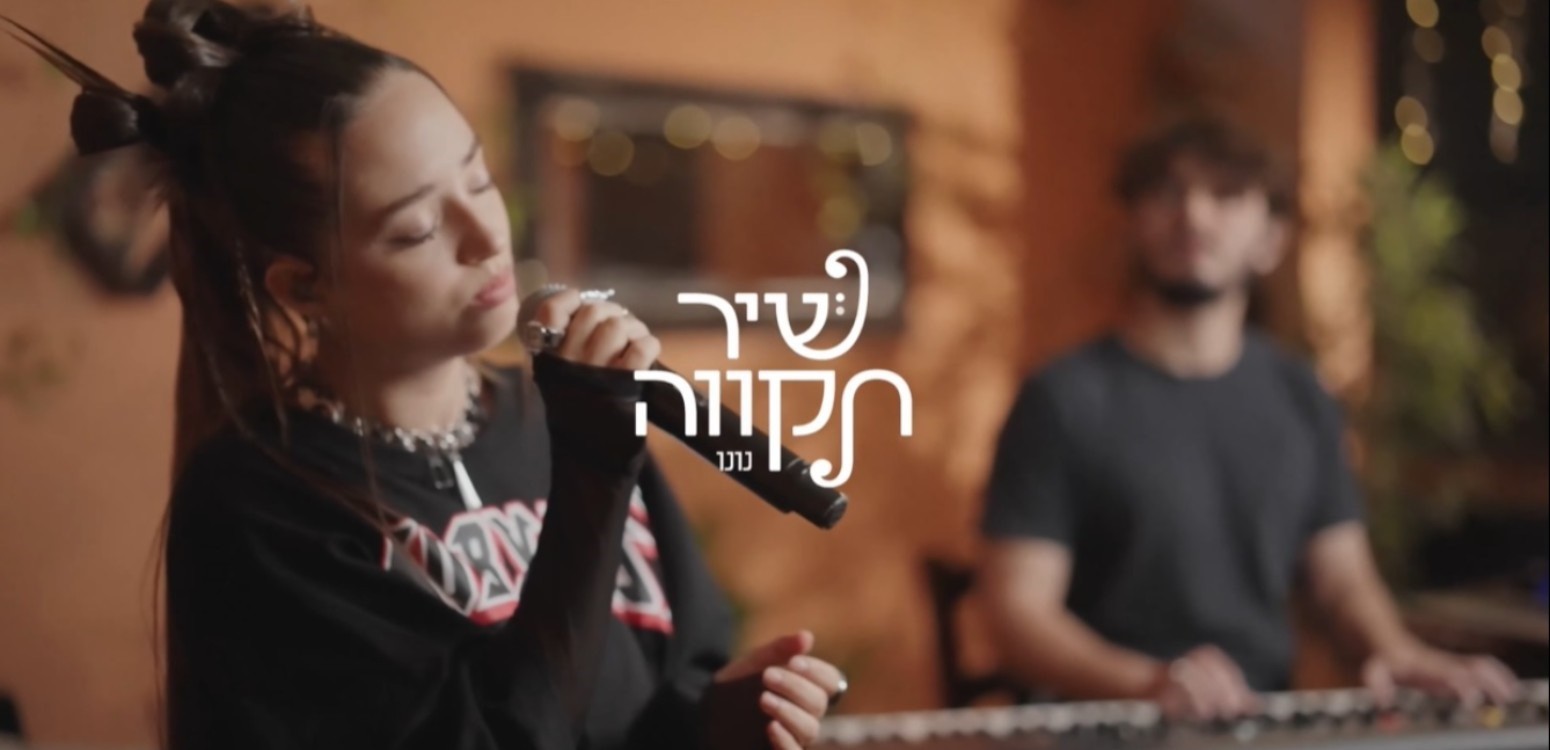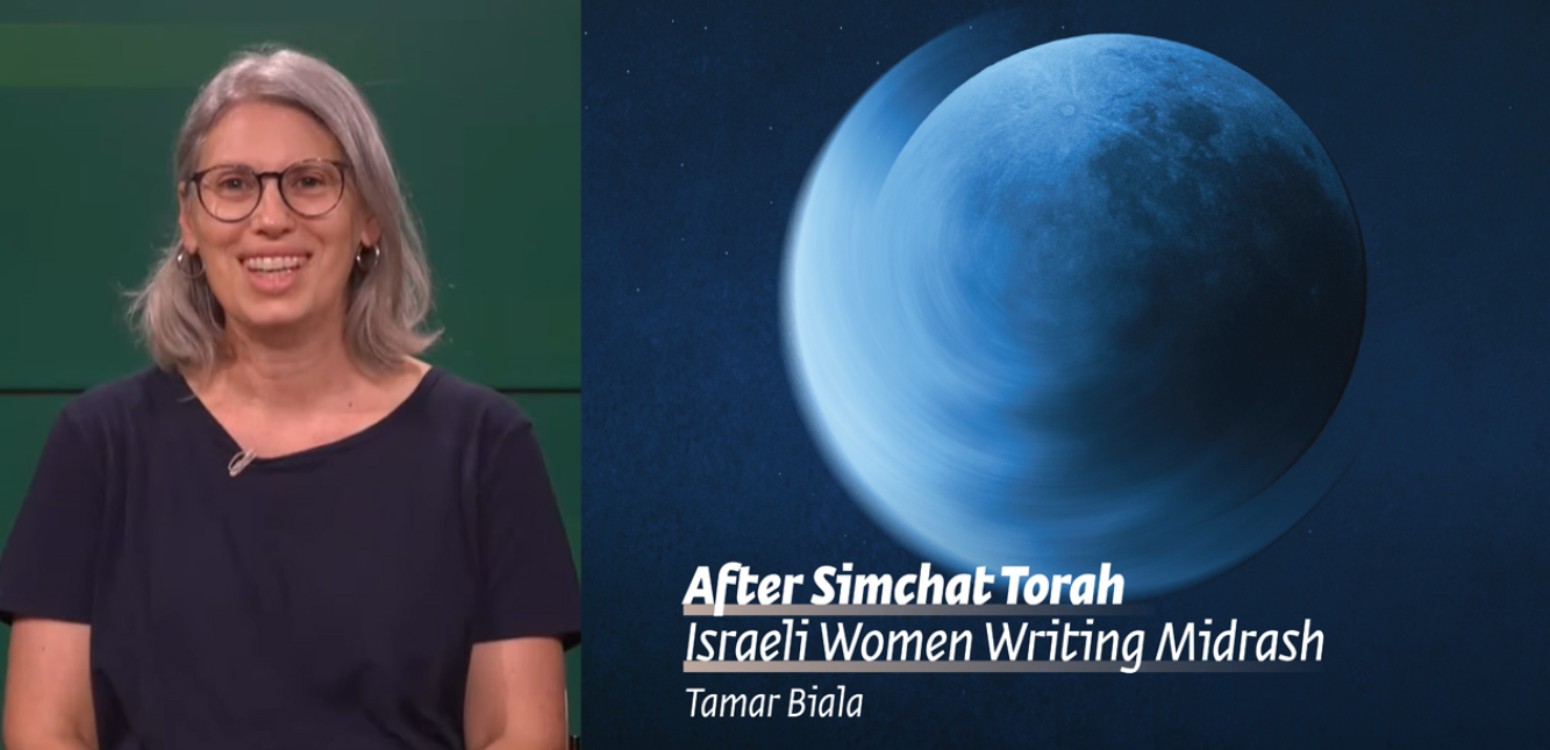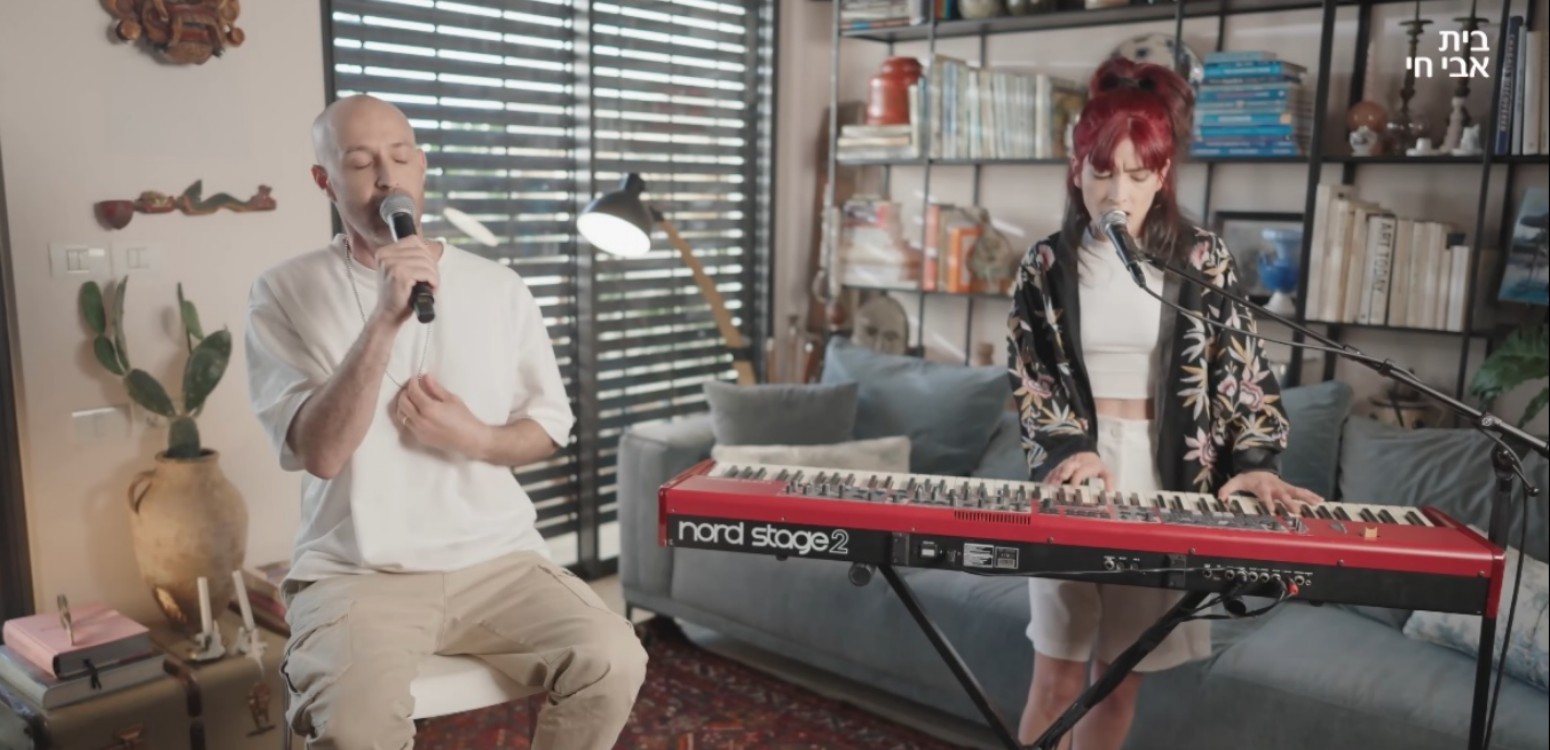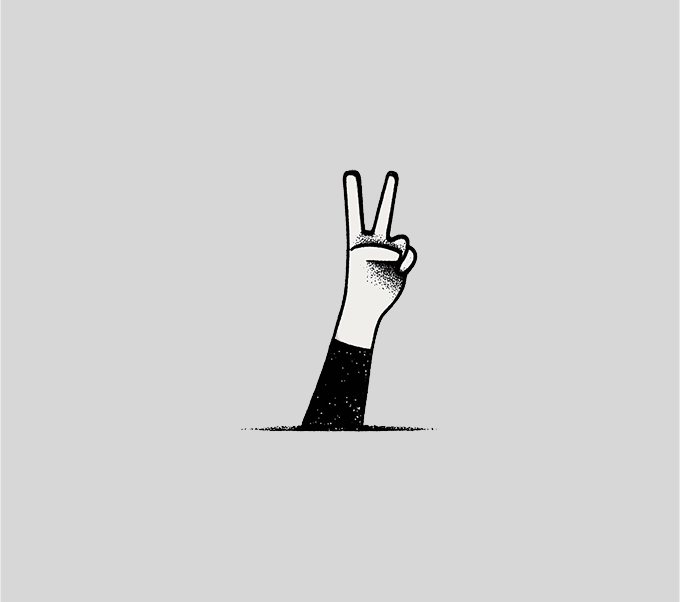
Author Meira Barnea-Goldberg celebrates a decade of “Cramel”, the most successful book series in Israel and one which gives comfort to children during the war
Cramel is a 306-year-old talking cat who also knows how to hypnotize, shapeshift and turn stones into gold. Besides being apathetic, annoying, selfish and lazy, he also knows how to be a true friend. He is the main character of “Cramel”, the book series that sold hundreds of thousands of copies in Israel so far, was made into a TV series, several plays and a festival and inspired an escape room, party costumes, games, comic and picture books, a children’s fashion line in collaboration with the fashion company Golf, and much more.
“On October 7 I realized I can no longer hold adult writing workshops because I want to devote myself to meetings with children,” says Meira Barnea-Goldberg, Israel's leading contemporary writer for children, author of the “Cramel” series, the most successful series of children’s books in Israel in the last decade (alongside “Harry Potter”). Partners in the success are illustrators Keren Mai Metcalfe and Rami Tal, as well as Nadav Nachmani who illustrated the comic book version of Cramel. Barnea-Goldberg wrote successful books for adults before “Cramel”, but she is best known for her talking cat. And she herself is allergic to cats.
Barnea-Goldberg was born in the suburban city of Petah Tikva and lives there to this day with her partner Hanan and son Avishai. Following the success of “Cramel”, Meira also became a businesswoman who presides over a prosperous commercial enterprise born from her creation. But most of her time is devoted to meeting the children who read her books. She meets thousands of kids a month, so this interview also takes place during the short breaks she has between meetings.
Meira, could you tell us about your experience meeting with children and how it is different these days?
I find that they don’t want to talk about the war, they want to hear about Cramel. They want to escape from reality. I think they come to meetings with a strong desire to hear good things, to hear funny stories. They want to receive some kind of a calming pill, and I’m happy to give it to them. The reassurance that the good world they knew before still exists.
I feel like I am on a mission. I feel that I am now embarking on a journey to help and bring kids joy. And when I come to meetings with children who have had unpleasant and difficult experiences in the south, I try to have as few triggers as possible. That is, don’t have anything sudden or loud in the presentation, don’t introduce anything unexpected, don’t scream out of enthusiasm. I still continue to talk about good guys and villains, and about the tense plot of “Cramel”, but I try to have balanced, optimistic content overall.
“Cramel” is a very Israeli phenomenon but the story itself – about the three orphans Roby, El-El and Gol whose Uncle Arthur Jerome bequeaths them a castle, a factory and a talking cat named Cramel – takes place outside of any specific time and place. Certainly not in an Israeli place.
Where did this choice come from? Did you write it thinking from the start that it would appeal to a global audience?
I wanted it to take place in an unspecified world, so that everyone can build the world they want to imagine. When I was little, I really liked fairy tales like “Puss in Boots” and “Rumpelstiltskin”, as well as all the classic Disney movies. I wanted “Cramel” to echo these stories. That's why I wrote that it takes place “a long, long time ago in a country far, far away… OK, maybe ‘a long, long time’ is a bit of an exaggeration. Maybe ‘a country far, far away’ is an exaggeration too” (those are the opening lines of “Cramel”).
It’s not that it’s impossible to have a fantasy set in Israel, but the fantasy I invented couldn’t exist in Israel. I think “Cramel” is an Israeli story because the writer who wrote it is Israeli. I didn’t think at all that I was supposed to break out of Israel. I thought I was writing a fairy tale for my son. I just wrote about what interested me, a book I would have been happy to read when I was little..png)
Is it because of the difficult reality that Israeli children are exposed to that you recognize while meeting your readers a special longing for the humorous escapist fantasy of “Cramel”? Were these the stories you were looking for yourself as a child?
When I was in school, I mostly read books about the Holocaust, war and heroism, and I know that there are many others like me. Since October 7, I only read young adult books, mainly fantasy. I do think that in recent years there has been an increased need for an escape into fantasy, and it is related to the harsh reality in Israel. It’s sad to admit, but that is a fact: in Israel, more translated books are read than original ones, because everyone, not only children and youth, have a hard time with reality here, and they want to read something that is set far away. But I’m actually setting my next series in Israel – it will be a fantasy that happens in Israel.
Would you like to tell us a bit more about it?
I think it will be very surprising. Instead of a cat there is a dog, one that cannot talk. It will be very funny. The series is called “Ben-Ben and Dede Almost Conquer the World”, and at the center of it are two very special children who are bound to capture everyone’s hearts. Accompanying them is a dumb dog that they are sure is very smart. That’s it, I'll keep the rest of the details to myself for now.
Did the war somehow enter the books you are writing now?
When I wrote volume 9 of “Cramel” which will be released on Hanukkah and volume 4 of “Cramel Comics”, which I am working on now and which will be released next June, it was important to me that it be even better, funnier, and also as far as possible from here. You know that in “Cramel” a child was kidnapped? Of course, it has nothing to do with what is happening in Gaza, and there’s a lot of humor in this situation in the book, and the child of course is brought back.
I was asked, “What, now you won’t write about bad people anymore? Are you afraid to write?” I won’t stop myself from writing certain narratives because I’m afraid someone will link them to the current situation. I will continue to write about my villains the way I like. And to be honest, I was surprised to find out that kids didn’t connect the kidnapping in “Cramel” to what is happening here. They realized that the kidnapping in the book is a funny fantasy – the kidnappers took the child who then caused so much trouble that they couldn’t wait to give him back. I’m not going to let the war change my writing or invade the beautiful world I built for Cramel.
It’s well-known that the character of Vish in “Cramel” was inspired by your son Avishai. And like Avishai, Vish is also on the autistic spectrum. How did you make the decision to introduce him into the series in the third book?
When my son was diagnosed, I said to myself that I would like to convey to the world what autism is because people do not know. I am happy about it because I see what it does to children who are diagnosed as being on the autistic spectrum at a later age. They come to me and boast about it: “I am like Vish, like your son.” Parents tell me, “Thanks to your book, we were able to diagnose our son. He recognized himself.”
How does Avishai feel about Vish’s character?
Vish in the books is like my son Avishai when he was little, in elementary school. And when he was in elementary school, he loved Vish a lot. Now he is older, in middle school, his behavior has changed, and it is difficult for him to see his behavior from before. He does not allow me to write about him as he is today, I am supposed to continue writing about how it used to be. And that’s fine, I respect his wish. It’s not that he stopped loving Vish – he sees what the character does for others, and he’s very proud of him.
Do you think that the unique, very non-escapist depiction of a character on the autistic spectrum played a large part in the success of “Cramel”?
I’m sure that Vish is one of the reasons for the success of the series – that was obvious in 2018 when the third volume came out and went straight to the bestseller lists. Many children say that from the moment Vish entered the scene, the whole series changed and became better, and I agree with them that Vish’s character really challenged many things that were very set in stone. Suddenly things changed. Vish’s character is complex, unique, refreshing and touching because it was created through observing my son for many years.
Are there plans to release “Cramel” abroad?
The book has already been translated and we want to find a publisher for it abroad. However, today I had a conversation with my Israeli publisher, and they said that it is currently very difficult for Israeli writers to break out internationally because of the war. People don’t want to hear about new Israeli writers at all. I would like it to reach Disney, it would be such a dream come true. I am doing a lot for this to happen, I am trying, but it can also take 20 years.
For “Cramel” to succeed internationally, I will have to move abroad and promote it there. But I don’t see myself leaving the country, certainly not now during the war, nor after the war. But I would still like it to happen. I think it will be a very difficult job and that I will need a lot of luck for it to happen.
A decade of “Carmel” is a festive and exciting milestone. How do you celebrate at a time like this?
If there had not been a war, there would now be a crazy celebration at Dizengoff Center in Tel Aviv, but I decided that during the war we would celebrate 10 years of “Cramel” in a gentle, quiet way that would strengthen children and encourage them.
Does the fact that you are writing a new series indicate there is a future for Cramel?
I don’t intend to write “Cramel” forever. I want it to end nicely, on a high note, when people still have a taste for more. There are supposed to be 12 books. And I know what should be at the end. So maybe there will be one more book or one less book. I will continue writing until I know I’ve reached the end.
My new fantasy book is not the one that will make “Cramel” stop or continue, it’s not connected to it.
Regardless, I am planning spin-off series for “Cramel”, and I am looking at what in the world of “Cramel” would be the most pleasant for me to write about and the most interesting to explore. So even if the series ends, the world of Cramel will continue to exist.
“Cramel” is at the top of the lending list of Israeli books in Tel Aviv libraries and in the second place, after “Harry Potter”, among all books for children and youth. The new comic book in the
series is at the top of the bestseller list; its third print-run is coming out in less than 30 days.
What is it about “Cramel” that makes children want to keep reading?
Every week I receive dozens of inquiries from parents: “My son didn’t read anything, and then started reading ‘Cramel’. Suddenly in two months he finished eight books.” And then comes the question: “What can he read in the meantime until ‘Cramel 9’ comes out?” There are those who say that the child only reads “Cramel”, that you cannot give them anything else.
I think that a child – who suddenly started reading, got to read 8 books of “Cramel” and it suddenly ends – feels like something is missing. So then they want to read something else, and it may be that through this they will also reach towards the classics, all the favorite things that my book echoes. So I send them lists of recommended books for those who liked “Cramel”. For the most part, those who are addicted to reading will not stop at “Cramel”. It’s very nice that thanks to “Cramel” kids are encouraged to keep reading.”
**
I contacted Dr. Einat Baram Eshel, head of the Yemima Center for the Research and Teaching of Children's and Youth Literature, Beit Berl College, to hear from her about the experience of children who discover reading through “Cramel”.
“‘Cramel’ books are read by boys and girls who are experimenting with independent reading almost for the first time,” she says. “Since book series invite their readers to continue to get to know literary characters and their patterns of reaction and behavior, this familiarity gives young readers a sense of control and confidence that is gradually established through the regular encounter with familiar characters. This is true for both the book series and the TV series based on it. It can be likened to a regular neighborhood game with close friends – we are already familiar with all their shenanigans. Hence the tendency of readers and television viewers to become emotionally attached to the characters of beloved series and even to feel certain emptiness when the series ends.”
How do you explain the success of the book series and the “Cramel” phenomenon as a whole? Its scope is very unusual in Israeli children’s and youth literature.
The series and its success are also related to the intense presence of the author and her work in what used to be called the “Literary Republic”. Until 25-30 years ago there was a puritanical approach in the field of literature, according to which “A good book will speak for itself”. Today the author helps their book make its way in the world; the success of the book is the author’s success, and vice versa. Barnea-Goldberg’s presence in the education system, her frequent meetings with children, the bustling and successful festival she held at the Dizengoff Center, the adaptation of the series into comics, television series and plays, her presence on social media – all these are not just a well-oiled system of distribution and marketing but also an ideology. In contrast to academia, where the question “What did the poet mean?” is still rejected with contempt, Meira Barnea-Goldberg does not allow anyone to disregard her intentions. It is impossible to comment on “Cramel” without taking into account Meira herself, who talks, gives interviews, writes and meets with her readers. She wraps their reading into a meeting with her, offering information about her life, her childhood, her son Avishai (who inspired the character of Vish) and her opinions on various issues. Her colorful personality and the openness with which she gives herself to her readers echo the human carnival she created in the books of the series, while emboldening it and bringing us closer to it.
Join Beit Avi Chai’s multiple “Cramel” events (in Hebrew) at our Hebrew Book Week festival
Photo: Cramel Book Cover
Author: Meira Barnea Goldberg
Illustrator: Karen May Metcalfe
Publisher: Kinneret Zamora Dvir
Also at Beit Avi Chai





















